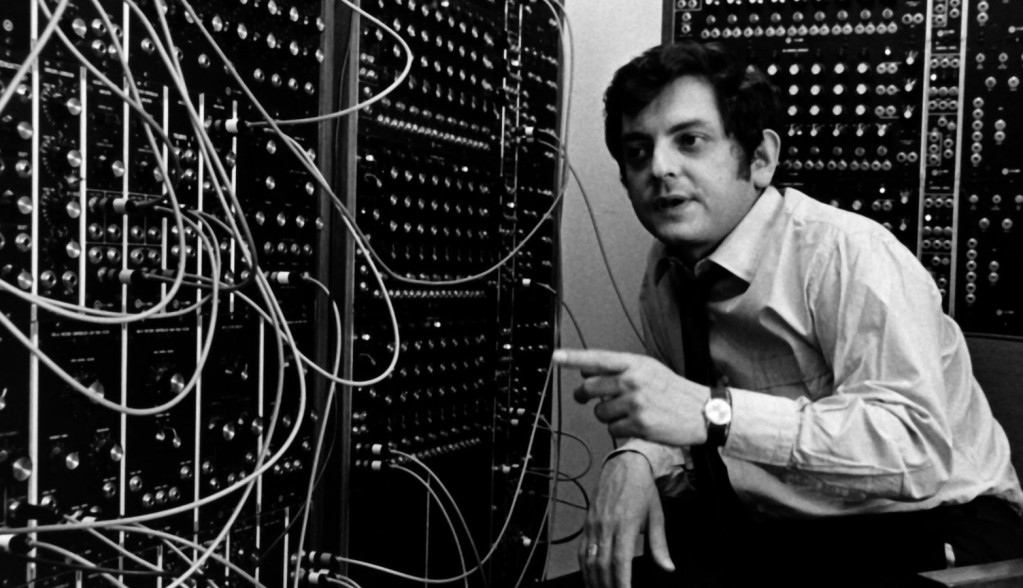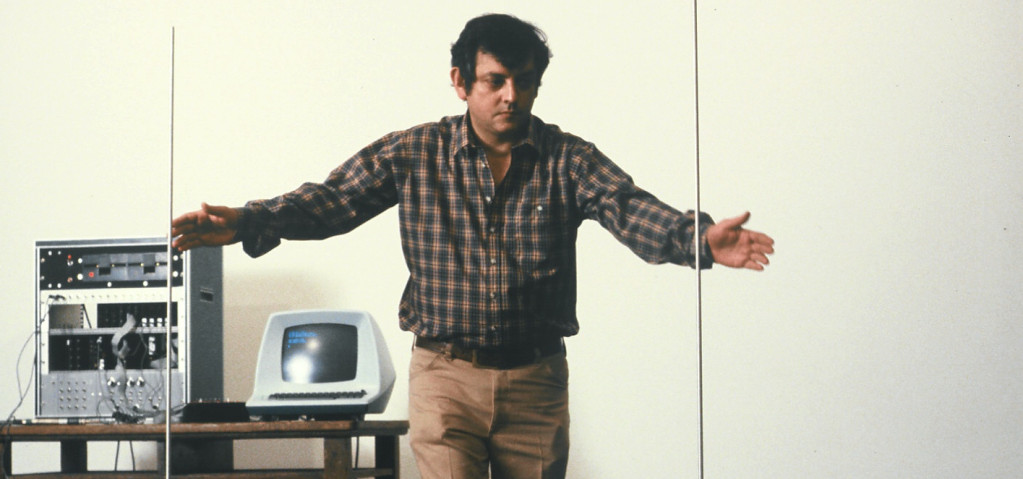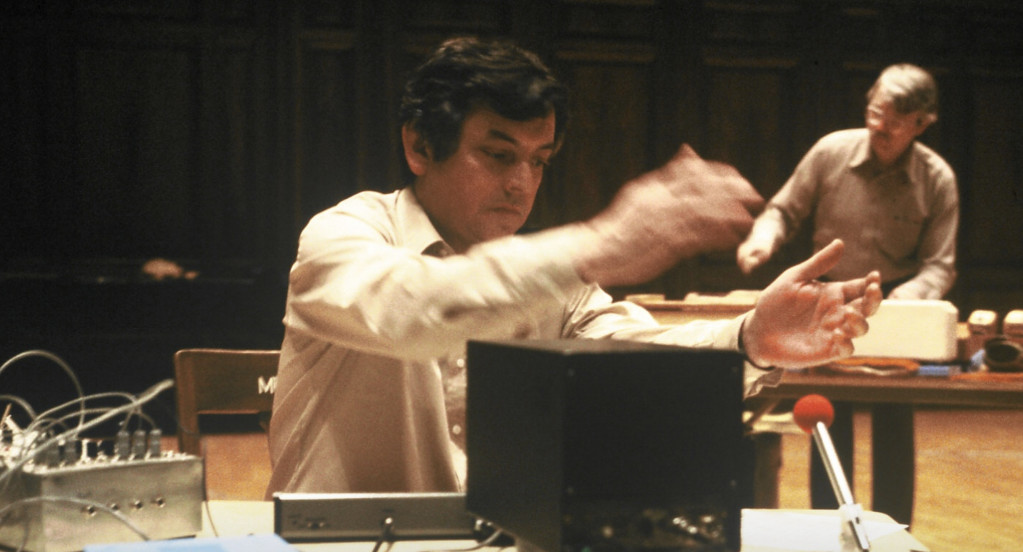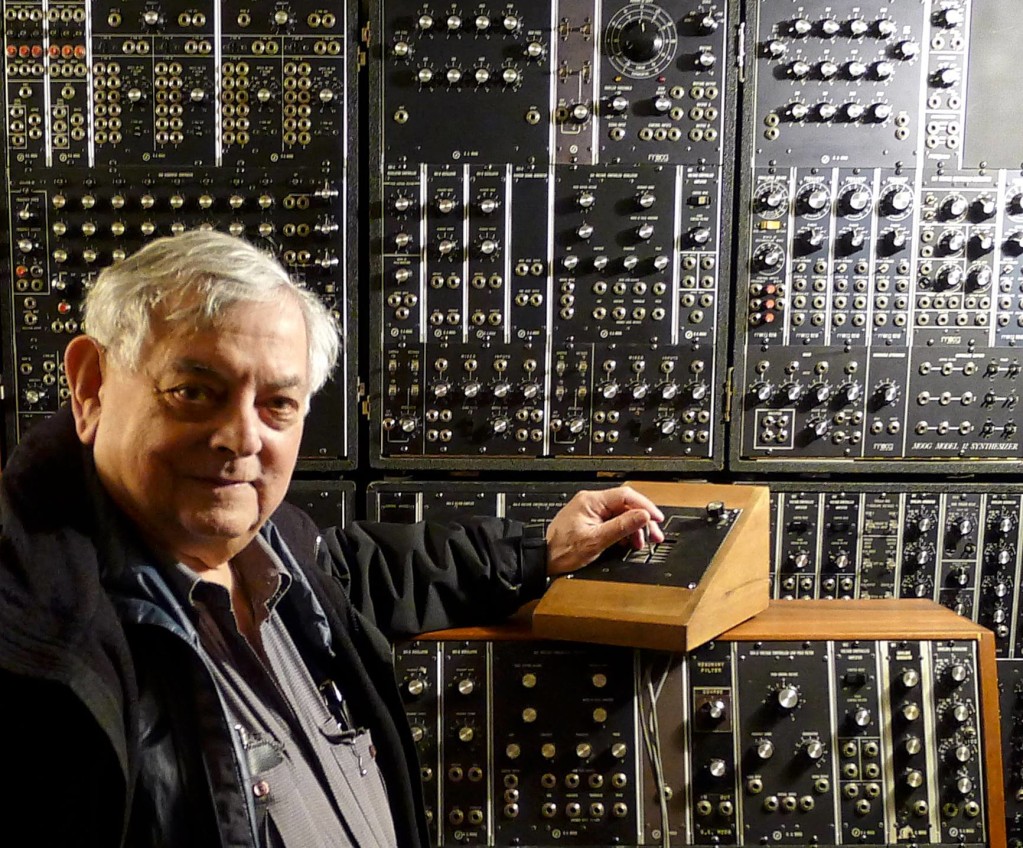Joel Chadabe was a composer who helped launch the notion of interactive music systems and electronic music education as it has now come to spread around the world. He passed at the start of this week, even as he continued educational work through this year.

Anyone already in my circle has no doubt seen an outpouring of admiration and condolences for a teacher, innovator, and friend, but I’ll compile some here. Joel was one of those people whose influence has propagated, partly through that immense work in teaching and building institutions for electronic music.
As a writer, he helped articulate the evolving medium of electronic music as both instrument and musical system. That includes co-authoring The Voltage-controlled Synthesizer: The Development and Practice of Electronic Music with Jon Appleton and Ronald Perera. (Jon is also in this category of ground-breaking composer and teacher, and co-developed the Synclavier digital sampler.)
Joel was a brilliant early champion of the concept of interactive music systems, including leading Intelligent Music which developed notions for interactive musical composition that remain innovative today.

And yes, that in turn includes publishing M, the intelligent composing system by David Zicarelli (which is still available via Cycling ’74 for reasonably modern-ish systems). I have to say, this was perhaps the first tool ever to really turn me on to the notion of interactive music and computer music in general.
For some history on that:

A wonderful long-read history from MyAtari magazine – M: Interactive Composition
And he founded and ran the Electronic Music Foundation (EMF), which is how I primarily came to know him (and his son Ben). Joel founded this organization out of NYC and Albany in 1994 with Julie Panke as its first Executive Director. (Julie is a name I suspect many won’t know, but she’s one of the few people who can say she’s been active in organizing both an electronic music organization and choirs, which I think is a good combo). Neil Rolnick and Paul Lansky were on the first board.
And EMF itself was a huge link in organizing events in the US, where state funding for electronic music was never, uh, anything like France. That made it essential glue between the US scene, Moscow’s Theremin adherents, IRCAM, ZKM here in Germany, and a who’s who of composers. (I could list them, but … just assume, like, all of them.) And at a time when the Web was evolving, they were instrumental in digitizing research, scores, and music, as well as organizing concerts. And that’s thanks to Joel’s foresight, influence, and a lot of his work (with the other folks in the organization).


I personally knew Joel not only through casual acquaintance with him personally but through that web of influence and ideas he managed to touch and the many directions other composers and technologists flew with that direction. And I think that’s the best thing all of us can do – share with others. Too often the history of electronic music looks for inventors. But thinking of people like Joel – or Max Mathews, or Pauline Oliveros, or John Chowning, just to name a few – so much of the real work has been spreading ideas. It’s musician-technologist-teachers.
Joel was always a constant presence in the New York scene – including his teaching at NYU – because of all those people he influenced as a teacher and through events.
And yes, so much music, too. To anyone who thinks there wasn’t experimental music made on the Moog system, you haven’t heard Blues Mix, obviously, with its dramatic attacks and organic free rhythms, just for one.

A rough timeline:
1960 – Studied with Elliott Carter
1965 – Joined SUNY Albany faculty
1968 – Commissioned the sprawling CEMS (Coordinated Electronic Music Studio) to be built by Bob Moog at the university, a landmark educational studio environment (and also worked on compositions with it and John Roy’s Daisy digital invention)
1977 – Bought the first Synclavier, thanks to the Rockefeller Foundation (hey, you can try them with your Reverb.com wishlist if you want, folks)
1986 – Founded Intelligent Music, developed M with David Zicarelli who would go on to Cycling ’74 fame
1997 – His book Electric Sound: The Past and Promise of Electronic Music remains one of the more comprehensive histories of analog and digital music – and one of the few covering a lot of that material, including dozens of essential interviews unequaled even on the Web.
1998 – Reviewed Kyma for Keyboard Magazine, which evidently inspired his purchase (I only learned that today) – see their obituary
But Joel also worked as a founder of Ear to the Earth, which helps connect ecology and science. I think it’s more relevant than ever to hear what he was saying about cultural relevance – particularly as in Joel’s absence, new generations and new people around the world take on these challenges:
More talks:
Memories
Kyma shares:
Joel Chadabe (December 12, 1938 — May 2, 2021), author, composer, entrepreneur, teacher, electronic music pioneer — more than that, a philosopher, a humanist who cared deeply about his students, his colleagues, his family, his friends, and the future of music and of the planet.
Conversations with Joel invariably left you energized and inspired — the topics always strayed beyond any specific technology or personalities to deeper issues like the meaning of music and our purpose on this planet.
He was a colleague, a friend, and, like a brother, sharing advice, support, encouragement, and high expectations over the years. He was an early, and unwaveringly enthusiastic Kyma supporter, using it both in his teaching and in his own compositions for live performers and electronics.
In our final conversation just about a month ago, he was enthusiastically outlining plans to finish editing a book chapter on musical instruments, to turn the notes from his electronic music composition course at NYU into a new book, and to start on a new piece in which musicians all over the world would be linked together in a collective experience of making live music together.
We salute you Joel, for a life filled with adventures, enthusiasm and ideas.
Luke DuBois writes:
We’re at this Cuban diner just north of 125th street and it’s the summer. 1996 or 1997. You’re trying to simultaneously convince me to quit smoking and distribute my records with you. I agree to the last bit to get you to shut up about the first bit.
We’re at the Knitting Factory, maybe 2001. We’re on a panel together that’s being “webcast”. We get into some convoluted bit about how to tell when a performer with a laptop is actually doing anything. I say some punk line about how it only really counts if it’s live. You respond by asking how often I have friends over to play chamber music in my apartment.
Somewhere around 2004 I substitute teach your class without a syllabus because you don’t have one to give me. You were the fucking syllabus. I sit in the library for hours with your book open on the table making mix CDs for the students.
We’re doing a Cage at 100 thing in 2012 at White Box and I can’t get the projector to stop tinting everything green. You ask me why I don’t write music anymore. I lie and tell you it’s because I quit smoking.
We’re having dinner at the Odeon on March 16, 2019. We talk about family. I tell you a secret, and you pick up the check.
Every conversation with you was a reminder that I was part of something larger than myself. There was a tapestry in your mind that had all our names on it, and it was incredibly important – urgent even – that we each knew the threads we were connected to. Any community would be lucky to have someone a tenth as good as you as their storyteller – someone to engage over and over in the quietly radical act of remembering.
And so I will remember you, Joel Chadabe, for as long as I draw breath. Ben Chadabe your father was fiercely proud of you. I am so very sorry.
RIP. And all these ideas live on.